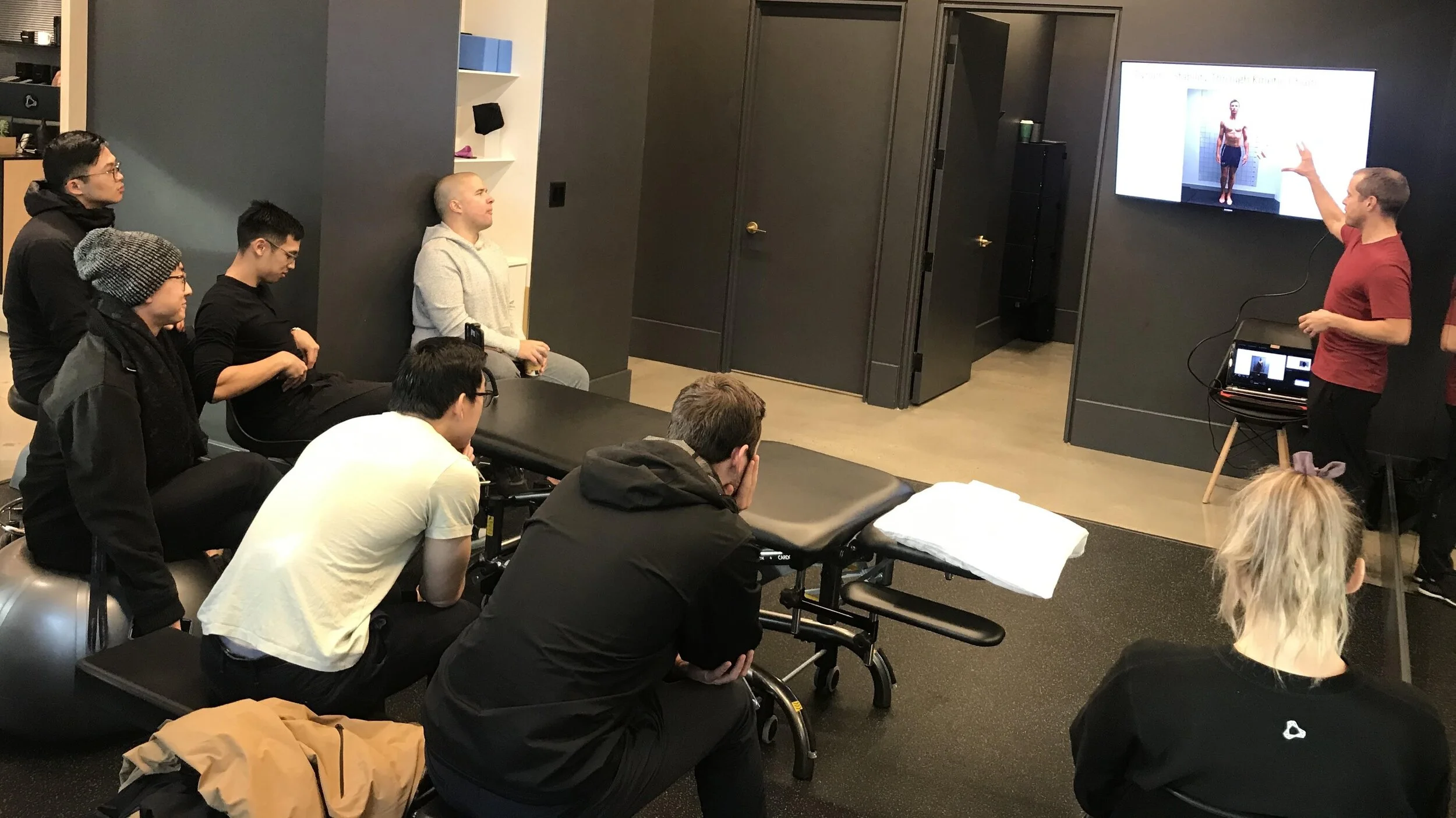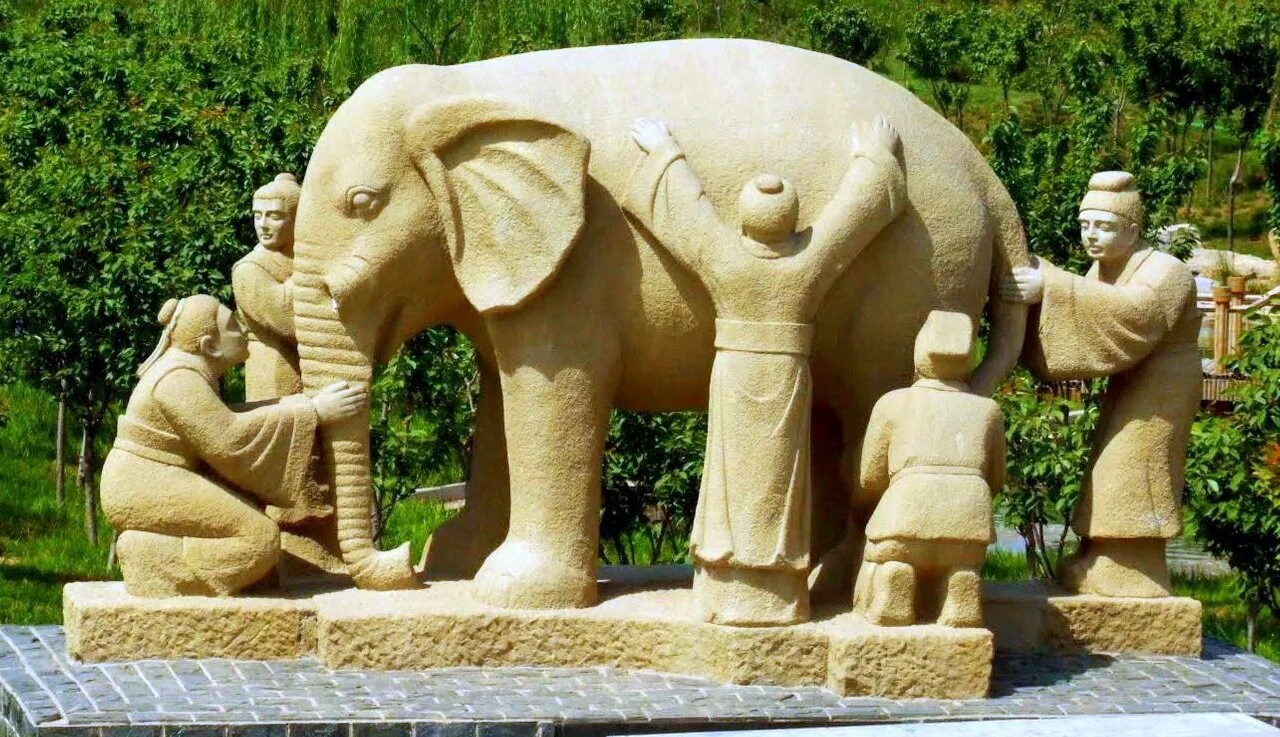An outsider’s view of elite and professional sport tends to assume that these environment are constantly engaged in ‘pushing the envelope’ in the relentless pursuit of better. The situation in reality tends to be quite different. Conventions and the pressure to conform to what others are doing have a powerful pull. Paradoxically the resistance to exploration and barriers to innovation are often more pronounced the highest level. Especially within professional sport those involved are acutely aware that their position is highly prized and job security at a premium. These conditions are naturally not conducive to taking risks or moving beyond the tried and tested. All of this helps to explain the abundant examples demonstrating that opportunities remain to gain significant competitive advantages and even some easy wins
Beyond the Bubble: The Utility of a Neutral Third Party
One of the problems with our natural preference for those who think as we do is the tendency to find ourselves in an echo chamber. Leaders can of course combat this by recruiting for cognitive diversity, but even within a diverse group our thinking inevitably tends to become socialised as a natural consequence of spending time in the company of the same group of people. Our colleagues will also to some degree share the same biases and are subject to the conventions that are inherent to the sport. Professional sport in particular is a bubble - at present quite literally, but even under usual circumstances. It follows that it is important that we escape the bubble periodically. A related countermeasure is to strategically enlist a neutral third party to break up the usual routine and expose team members to perspectives from outside the bubble at regular intervals. Engaging with an outsider can serve a performance staff in a number of different ways as we will explore.
Continuing Our Education
As many practitioners will testify, it is after we have completed our formal education, professional training and certification that the real learning begins. The day to day experience of solving problems with live humans is when we discover the limits of our knowledge. It is also here that we find out that the reality is quite different to what is taught in class and the version that appears in (most) textbooks. Individuals, organisations and certifying bodies alike recognise this need to continue our learning once we are working in our respective field. The terms continuing education, continuing professional development and variations thereof will be familiar to most practitioners across disciplines (sadly it is not so well established in the coaching profession). What is less clear is how we might best tackle this ongoing quest and make good choices from the growing array of options with regards to content and the modes of delivery that are available to us.
Triangulating a Position
As the value of cognitive diversity becomes more recognised, what is striking is how slow we have been to realise the need to revise our habitual ways of consuming information and interacting with those who hold contrary views. Whilst pioneers who think different are celebrated in modern western culture, in reality we are far less amenable to entertaining disagreement and diverging ideas. In the professional and academic realm we are quick to follow an authority and align with a school of thought. The hordes are likewise quick to leap into the breach to defend the doctrine against perceived challenge or dissenting views. If anything debates in all circles are increasingly polarised, as the assembled masses flock to either one side or the other. We might appreciate cognitive diversity on a conceptual level, but on a practical level we are clearly not there yet. So what steps can we take to enjoy the benefits of cognitive diversity and open our minds to the possibilities as we form our opinions?
Fostering Diversity of Thinking
Divergence of opinion has traditionally been viewed in less than positive terms: when x and y don’t see eye to eye on a particular subject, this is generally seen as problematic. By extension, we hear of the virtues of assembling a group of ‘like-minded’ individuals. Organisations typically promote compromise and conformity as virtues to foster harmony and unity within the group. Contrary to this, the wisdom of crowds illustrates the benefits of aggregating judgements from a broad and disparate group of individuals. To further strengthen the case for diversity of thought and experience, ‘cognitive diversity’ is in fact found to be the major factor that differentiates successful teams and organisations. In this Informed Blog, we explore the paradoxical ways diversity and divergence are conceptualised, and see what lessons we can take on a group and an individual level in the context of sport.
A Wake Up Call on Sleep
Sleep is essential to sustaining life. Yet the majority of us are casually dismissive when it comes to sleep. We routinely deny ourselves this most critical sustenance of our own volition. The attitudes towards sleep among high performing individuals in different realms and society in general are quite baffling. We also largely fail to make the connection between the reckless lack of care and attention we give to our sleep and the dizzying array of consequences that inevitably follow. Objectively this behaviour is bizarre, and our failure to prioritise sleep defies logic. With this latest Informed Blog we explore the myriad ways you lose when you don’t snooze sufficiently.
Traits of Elite Coaches and High Performing Practitioners
In this latest offering we explore some of the traits that differentiate the best coaches and practitioners in their fields. One disclaimer before we start is that this post is based on observational study. To some degree the themes we explore reflect wisdom shared by prominent individuals via different forums and media. However, I unapologetically give more weight to traits and behaviours that I have directly observed. I have been fortunate to interact with a representative sample of these exceptional individuals across multiple sports in various contexts; this has provided the opportunity to see how they approach their work with ‘live’ athletes in different scenarios, as opposed to how individuals claim they act and operate in practice. The themes we explore are therefore more a product of this direct observation, rather than simply distilling what has been presented elsewhere.
Perils of Binary Thinking and Polarised Debates
For a practitioner who spends any time on social media it is easy to get the sense we are in the death throes of informed debate. Authorities (often self-proclaimed) seem to constantly spew forth evangelical proclamations, push their ideology and promote others who espouse their doctrine, and decry those who express contrary views. Sadly, it appears there are no shortage of young zealots eager to answer the call to join the modern crusades conducted on a social media battlefield. In this post we will explore the trend for binary thinking and polarised arguments that fuels the tribalism we see on these platforms, and how this is increasingly creeping into sports science and medicine circles. We will then attempt to plot a path back from the edge of the abyss, and bridge the divide between factions to allow us to return to real debate.
Ego is the Enemy of Discovery and Progress
It is a common viewpoint that ego stunts personal growth, and most would agree that ego undermines our effectiveness as coaches and practitioners. What is less often considered is that unconstrained ego similarly obstructs progress and discovery in the areas of scientific study that exist to inform practice. At present the respective disciplines encompassed within coaching science, sports science and sports medicine are plagued with these difficulties. Einstein famously quoted to the effect that ego has an inverse relationship to knowledge – “more the knowledge, lesser the ego; lesser the knowledge, more the ego”. Yet researchers in the fields of sports science and sports medicine are showing themselves to be particularly prone to ego and the excesses associated with it. In this post we tackle the issue of ego in sports science and sport medicine, and attempt to plot a path back to sanity.
Defining 'Elite' in Sport
The term elite appears incessantly in the sporting domain. But what do we mean when we say elite? What does 'elite' mean to you? For many when the term 'elite' is used what this calls to mind is more akin to 'elitist'. The interpretation of 'elite' is often synonymous with 'exclusive', and a domain reserved for the chosen few. In this post we will dig a little deeper into these misconceptions and explore what differentiates elite from elitist. By the end of this discussion we hope to provide an outline of the hallmarks that constitute truly elite practice in sport.














